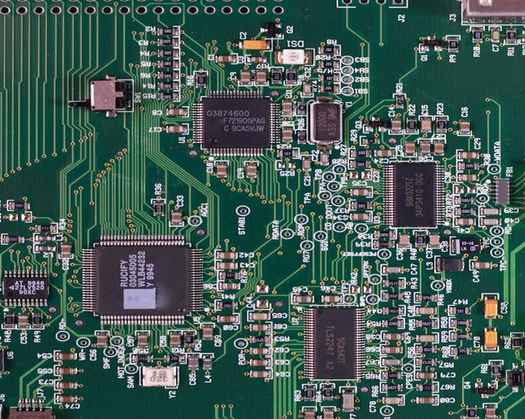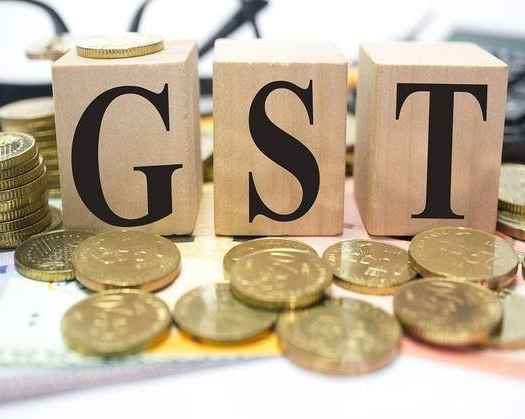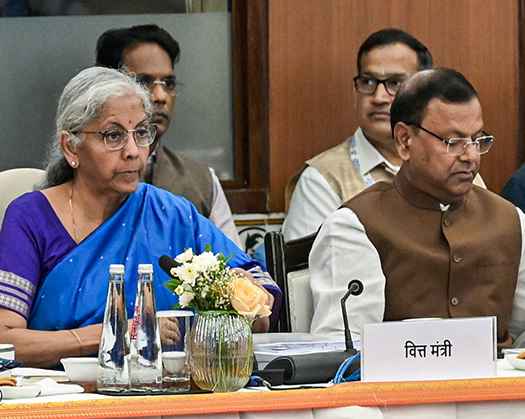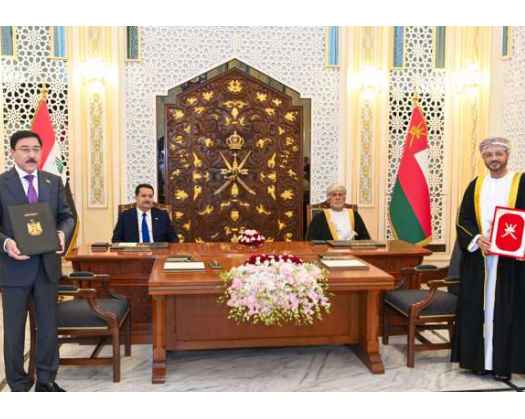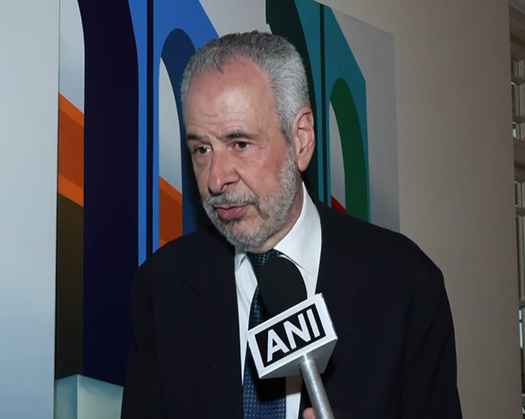New Delhi: Japanese firms are poised to significantly influence India's semiconductor initiative as the nation prepares to establish a USD 100 billion semiconductor market by 2030, according to Deloitte India.
In response to inquiries from ANI, P.S. Easwaran, Partner & Supply Chain Leader at Deloitte India, stated that the growth of India's semiconductor industry will be enhanced by the government's USD 10 billion incentive program under the Indian Semiconductor Mission.
"India's semiconductor market is expected to exceed USD 100 billion by the end of this decade, with nearly 30-35 percent of this demand being satisfied through domestic production," Easwaran remarked.
However, he stressed that realizing this goal will necessitate robust international collaborations with established semiconductor ecosystems, with Japan playing a crucial role in this endeavor due to its expertise in semiconductor materials and equipment.
"Japan currently produces nearly 50 percent of the global semiconductor materials, including photoresists, specialty chemicals, gases, and wet chemicals, as well as one-third of the equipment, making it a vital partner for scaling India's manufacturing capabilities and developing a strong ecosystem." Easwaran emphasized that these advantages position Japan as a "partner of choice" for India in expanding its semiconductor ecosystem.
The partnership between India and Japan is already materializing through significant projects that involve collaboration in technology and the supply of equipment by Japanese companies for semiconductor facilities in India.
Strategic efforts such as the India-Japan Semiconductor Supply Chain Partnership established in July 2023 and the Digital Partnership 2.0 introduced in August 2025 are designed to enhance joint research, foster design innovation, and promote talent development.
Easwaran stated that collaborating with Japan could accelerate India's progress towards becoming a top semiconductor manufacturer by 2030.
"India has the ability to scale and cultivate talent, while Japan can provide leading-edge technologies and assist in building the ecosystem that includes equipment, materials, and chemicals. This partnership can significantly expedite India's path to becoming a prominent semiconductor manufacturer by 2030," Easwaran remarked.
Deloitte has identified five key areas where Japanese firms can contribute substantial value to India's semiconductor supply chains. These areas encompass the supply and manufacturing of Fab equipment, materials provision, packaging and testing (OSAT/ATMP), design and R&D collaborations, and talent development through joint skilling and exchange initiatives, which will aid India in expanding its engineering talent pool.
Japanese companies have made considerable investments in India, primarily in sectors such as automobiles, logistics parks, and industrial corridors. Seiji Ota, Partner at Deloitte India, anticipates that Japanese investments in India will increasingly focus on electronics manufacturing, electric vehicles (EVs), and green technologies.
"The upcoming surge of Japanese investments will undoubtedly concentrate on advanced electronics, electric vehicle ecosystems, and sustainable manufacturing practices, in line with India's Make in India initiative and Net Zero 2070 objectives," stated Seiji Ota.
Deloitte anticipates Japanese investments in the electric vehicle and battery supply chains to reach between USD 300-400 million. A motor-generator facility in Uttar Pradesh and lithium-ion cell production aimed at supporting hybrid and electric vehicles have already been announced. Additionally, a Japanese multilayer ceramic capacitor plant has been established in Tamil Nadu to cater to the needs of smartphones, automotive, and industrial electronics.

